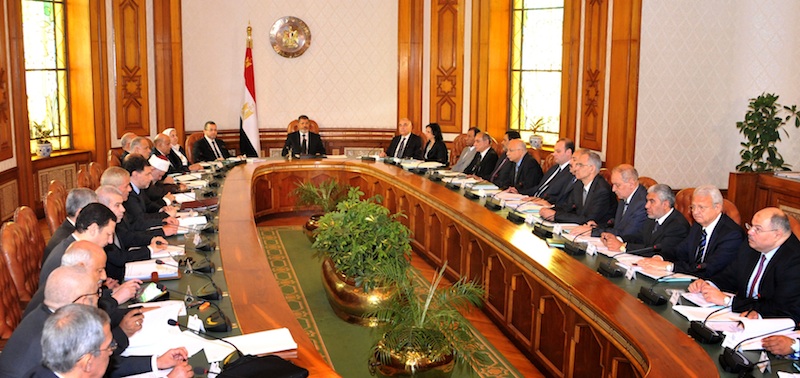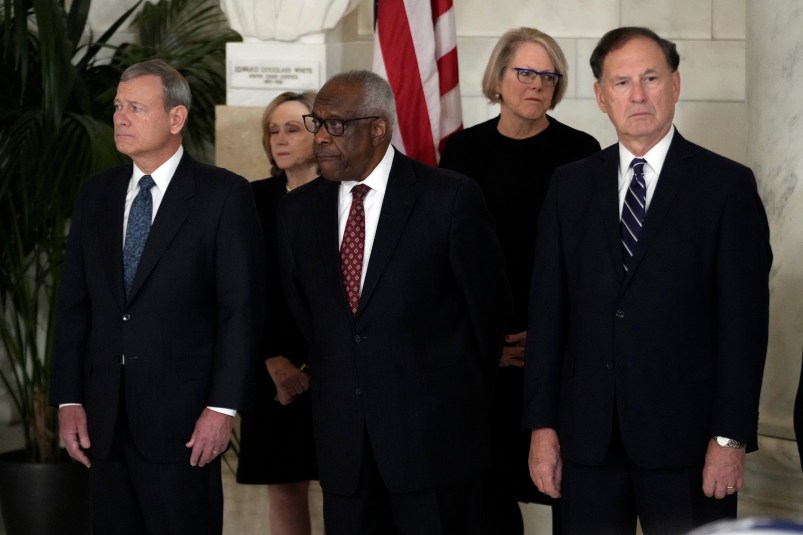Perhaps the most interesting story I’ve seen today just moved on the Reuters wire. It suggests that a key tipping point for the Egyptian military may have been the rally Morsi attended in mid-June in which various Islamist factions called for jihad against the regime of Bashar al Assad. The call for jihad was aimed both at the Syrian regime and, more broadly, at Shia in Syria, Lebanon and perhaps everywhere.
As I noted at the time, given its history, it’s not terribly surprising that the Muslim Brotherhood would take such a stand. But the Brotherhood was the ruling party in the state. And the Brotherhood as well as the Morsi presidency were saying clearly that they would not act against Egyptians who went to Syrian to join the jihad.
According to the Reuters piece, this crossed a bright line for top generals, that Morsi would engage in this sort of sectarian adventurism at the same time that Egypt itself was in the midst of a grave political crisis.
From the Reuters article …
Mursi himself called for foreign intervention in Syria against Assad, leading to a veiled rebuke from the army, which issued an apparently bland but sharp-edged statement the next day stressing that its only role was guarding Egypt’s borders.
“The armed forces were very alarmed by the Syrian conference at a time the state was going through a major political crisis,” said one officer, whose comments reflected remarks made privately by other army staff. He was speaking on condition of anonymity because he was not permitted to talk to the media.
…
For the army, the Syria rally had crossed “a national security red line” by encouraging Egyptians to fight abroad, risking creating a new generation of jihadists, said Yasser El-Shimy, analyst with the International Crisis Group.
At the heart of the military’s concern is the history of militant Islam in Egypt, homeland of al Qaeda leader Ayman al-Zawahri. The military source condemned recent remarks made by “retired terrorists” allied to Mursi, who has deepened his ties with the once-armed group al-Gamaa al-Islamiya.
Speaking privately, officers in the secular-leaning military have said Egyptians did not want a religious state. Though the Brotherhood never said it wanted to set up a theocracy, such concerns reflect the army’s long-standing suspicion towards a movement banned by army rulers in 1954.







